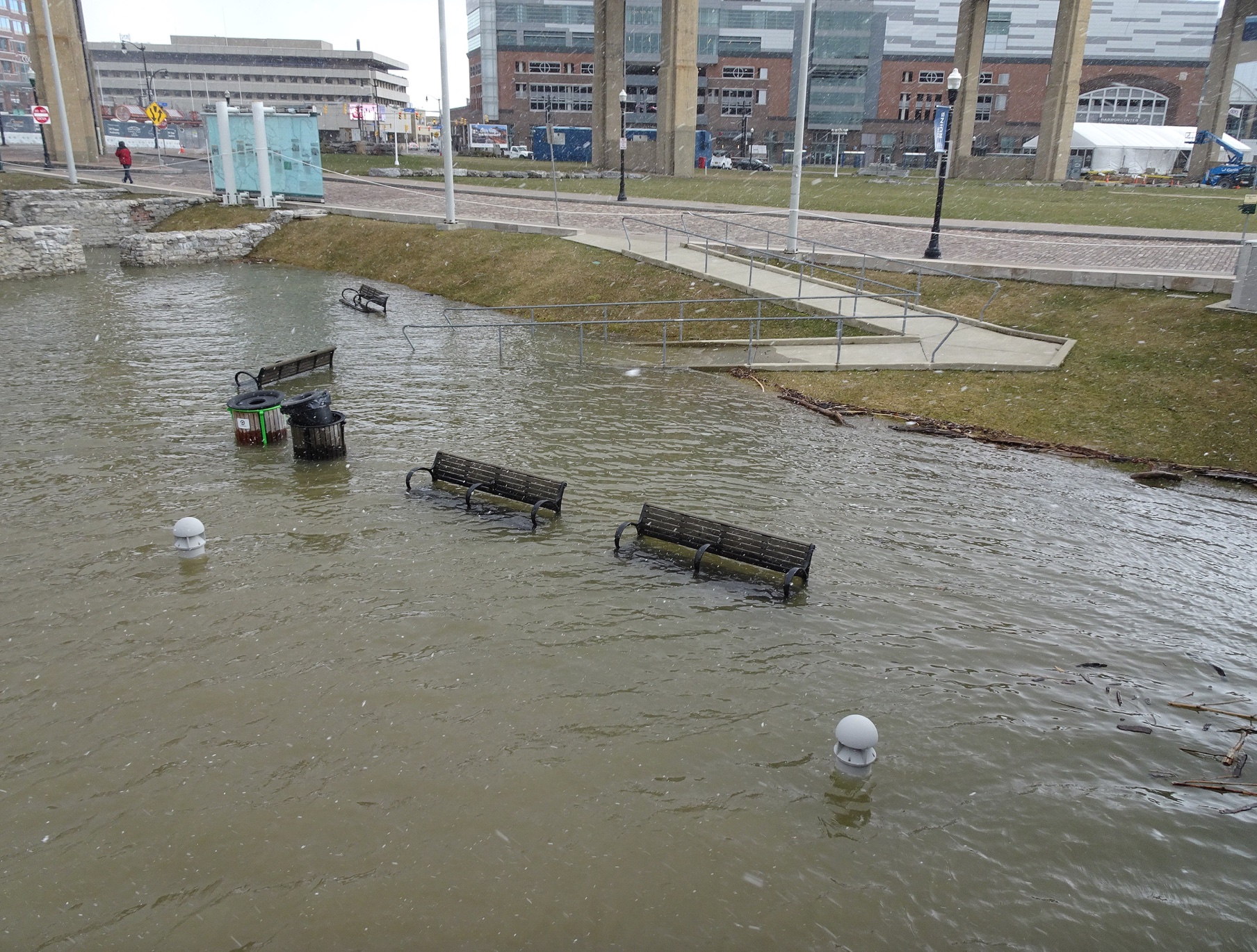Individuals who use screen readers to access visual information could not independently use the NY-Alert website to register for urgent alerts or to choose how to receive alerts, putting them at risk during an emergency.
People who are blind and use screen readers will now have independent access to life-saving information offered by “NY-Alert,” New York State’s Mass Notification System. Under a settlement agreement just reached between blind advocates and the New York State Office of Information Technology Services (ITS), the state agency will bring critical information on the NY-Alert website into compliance with web accessibility standards within six months, so that individuals who use screen readers can ensure they receive urgent emergency notifications, including time-sensitive alerts about dangers like hurricanes, floods, fires, and winter storms. The agreement resolves a 2020 complaint filed on behalf of an individual plaintiff, Anne Chiappetta, and the American Council of the Blind of New York, Inc.
Plaintiffs brought the lawsuit because prior to this agreement, individuals who use screen readers to access visual information could not independently use the NY-Alert website to register for urgent alerts or to choose how to receive alerts, putting them at risk during an emergency. Blind individuals often walk and/or rely on public transportation to get around, and can be particularly affected by strong weather conditions that require sudden deviation from the routes that they are familiar with navigating. This makes it essential for them to receive weather and transportation warnings as early as possible, so that they can avoid dangerous or unfamiliar terrain.
In addition to making the existing NY-Alert website accessible, ITS will, over the next two years, conduct monthly accessibility testing, including manual user testing by a specialized third-party contractor, and provide accessibility training for employees and contractors who develop or post content to the NY-Alert website.

“Before this lawsuit, the NY-Alert website was unnavigable for me,” Plaintiff Ann Chiappetta said. “I was forced rely on others to register and sign up for alerts, and I could not manage my own contact preferences on the site. I look forward to accessing what I need on the site soon, so I can choose the way I want to receive alerts and anyone else using a screen reader can, too.”
Karen Blachowicz, President of American Council of the Blind of New York, Inc. said, “We are happy to have brought about this agreement so when a weather disaster or other crisis hits, blind and low-vision New Yorkers and visitors have equal access to information they need to stay safe.”
“Recent storms and tragic flash flooding across New York have only underscored the importance of effective public emergency warnings that can reach everyone,” said Chloe Holzman, a staff attorney at Disability Rights Advocates. “We are pleased that ITS will be fixing NY-Alert’s accessibility barriers, so people who rely on screen readers are no longer excluded from urgent notifications designed to save lives.”
About Disability Rights Advocates (DRA): With offices in New York and California, Disability Rights Advocates is a leading nonprofit disability rights legal center in the nation. Its mission is to advance equal rights and opportunity for people with all types of disabilities nationwide. DRA represents people with all types of disabilities in complex, system-changing, class action cases. DRA is proud to have upheld the promise of the ADA since our inception. Thanks to DRA’s precedent-setting work, people with disabilities across the country have dramatically improved access to education, health care, employment, transportation, disaster preparedness planning, voting, and housing. For more information, visit dralegal.org.


Join the conversation!